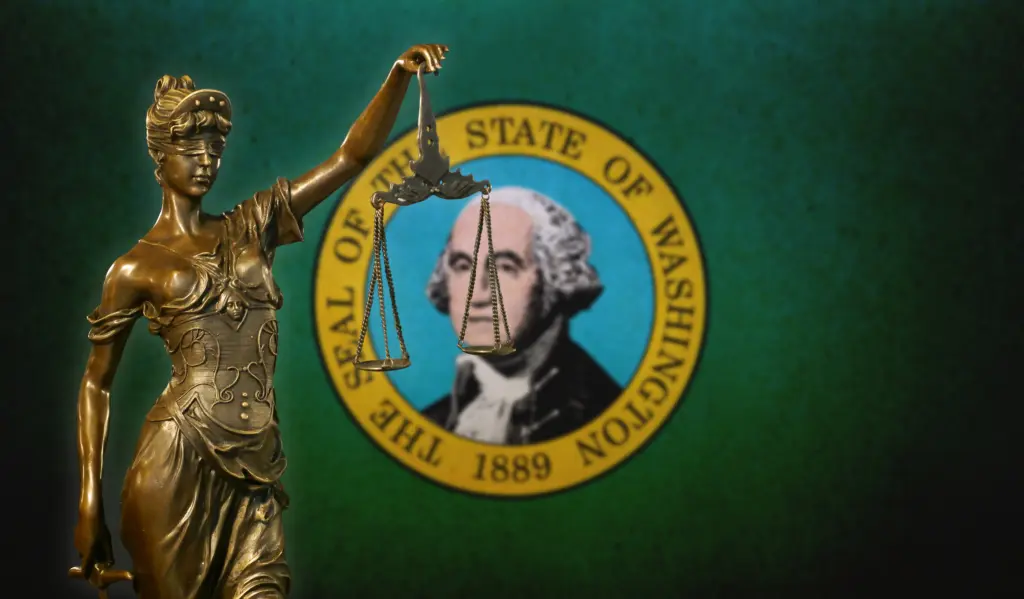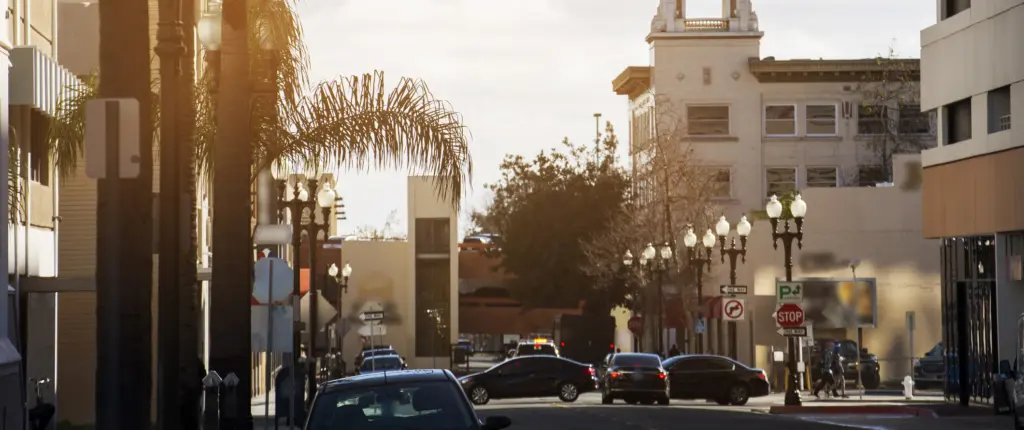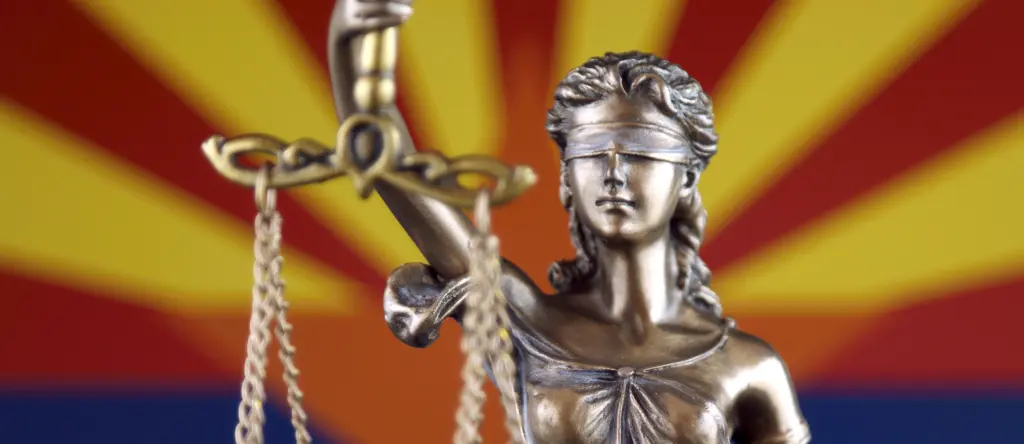When someone causes you harm or damages your property, you deserve to recover compensation. But what happens if the person you sue has no money? While a civil lawsuit is designed to protect your rights and secure damages, suing a financially insolvent defendant presents unique challenges. This article explains the implications of suing someone who is “judgment proof,” how California law applies, strategies for collecting a judgment, and important considerations before filing your claim.
Can You Sue Someone Who Has No Money?

Yes, you can sue anyone for negligence or harm—even if they lack financial resources. A defendant’s inability to pay doesn’t absolve them of liability. However, the practical challenge lies in collecting any awarded damages when the defendant’s assets are limited. Even if you win your case, enforcing that judgment can be difficult if the defendant is deemed “judgment proof.”
Suing Someone With No Money – What You Need to Know (California)
| Legal Concept / Action | Description |
|---|---|
| Can You Sue Them? | Yes, even if they have no money. Winning a judgment is possible regardless of the defendant’s finances. |
| What Does “Judgment Proof” Mean? | A person with no income/assets that can legally be seized to satisfy a court judgment. |
| Key Exemptions (CA Law) | – Personal property (e.g. furniture, home)- Limited wage garnishment- Protected income (e.g. Social Security) |
| Enforcement Options | – Wage Garnishment: Up to 25% of disposable income- Bank Levy: Seizure of funds with Writ of Execution- Vehicle/Asset Levy: Sheriff may seize vehicles/business assets |
| Protected Income | Social Security, unemployment, public benefits, pensions, and workers’ comp are generally exempt. |
| Bankruptcy Impact | Chapter 7 may discharge debts, preventing full collection. Governed by federal law (Title 11). |
| Medical or Insurance Limits | Defendant may have no or insufficient insurance—other parties may be liable, or your own policy may apply. |
| Court Verdict vs. Ability to Pay | Verdict is based on liability, not the defendant’s financial status. Payment ability doesn’t affect outcome. |
| Judgment Duration in CA | Valid for 10 years, renewable before expiration to remain enforceable. |
| Strategies If Defendant Is Broke | – Wait until they acquire assets- Renew judgment- Explore other liable parties or insurance sources |
What Happens if Someone Doesn’t Have the Money They Are Being Sued For?
Judgment Proof Explained Under California Law
A defendant is considered judgment proof when they have little or no non-exempt assets or income that can be used to satisfy a court judgment. Under California law, several statutes protect a debtor’s income and essential property:
- Wage Garnishment Exemptions:
Under California Code of Civil Procedure (CCP) § 704.010–704.050, only a limited portion of a debtor’s disposable earnings can be garnished. These sections ensure that debtors retain enough funds to cover basic living expenses. - Protection of Personal Property:
California Code of Civil Procedure §704.120 provides exemptions for certain personal property, including a debtor’s primary residence, necessary household furniture, and other essential items. This means that even if you secure a judgment, some of the defendant’s assets may be legally shielded from collection. - Bankruptcy Protection:
If the defendant files for Chapter 7 bankruptcy, federal law under Title 11 of the United States Code governs the proceedings. In bankruptcy, many non-exempt assets are discharged, further limiting the available funds to satisfy a judgment.
These legal provisions help ensure that debtors maintain a basic standard of living—even if they owe money—thus rendering them effectively judgment proof in some cases. For more details on these exemptions, please see our article on California Exemptions and Judgment Proof Status.
Strategies for Collecting a Judgment
Even after obtaining a favorable judgment, collecting the awarded sum from a financially challenged defendant can be difficult. Here are some collection methods available under California law:
- Bank Levy:
With a Writ of Execution, you may levy the debtor’s bank accounts or safety deposit boxes. You must provide the bank’s name and branch details so that a levying officer from the sheriff’s department can seize funds. This process is governed in part by the enforcement procedures outlined in CCP §704.010–704.050. - Wage Garnishment:
Up to 25% of the debtor’s disposable income may be garnished. As specified by CCP § 704.010–704.050, this method requires notifying the debtor’s employer so that wages can be withheld directly. - Vehicle Levy:
The sheriff may seize and sell any vehicles registered in the debtor’s name. Detailed information (such as the vehicle’s year, model, and location) is needed to initiate this process. - Business Asset Levy:
In cases where the debtor owns a business, procedures like a “till tap” or “keeper” levy may allow the sheriff to seize cash from the business’s registers or other operating
Exemptions and Judgment-Proof Status
Even with a valid judgment, certain California legal exemptions may prevent you from collecting the full amount:
- Judgment-Proof Affidavit:
A debtor may file an affidavit declaring that their income and assets are insufficient to satisfy the debt. - Bankruptcy:
A filing for Chapter 7 bankruptcy (governed by Title 11 of the United States Code) can protect a debtor’s non-exempt assets from collection. - Protected Income:
Essential income—such as pensions, Social Security, welfare, and unemployment benefits—is typically exempt from garnishment under both California law and federal statutes.
These protections are designed to ensure that debtors are not left without the means to support themselves, even if they owe money. However, they also mean that pursuing full recovery may require additional legal strategies.
Seeking Compensation When Insurance Doesn’t Pay
Sometimes, the at-fault party’s insurance won’t cover all your damages. In such cases, you might have additional options:
- Other Liable Parties:
Multiple parties may share responsibility for the harm caused. - Uninsured/Underinsured Motorist Claims:
If the at-fault party’s insurance is inadequate or absent, your own policy might provide extra coverage.
An experienced personal injury attorney can help identify every potential source of compensation. For more details, see our Uninsured/Underinsured Motorist Coverage resource.
Debunking the Myth: Ability to Pay Does Not Affect the Verdict
It might seem that a defendant’s inability to pay should influence a court’s decision. In reality, the verdict in a civil lawsuit is based solely on evidence of negligence or liability—not on the defendant’s financial status. Even if a defendant demonstrates that payment would cause financial hardship, that argument typically does not affect the court’s determination of fault.
The Pros and Cons of Waiting to File a Lawsuit Against a Defendant with No Money
Pros:
- Asset Accumulation:
Waiting might allow the defendant to acquire assets or income, thereby improving your chances of collecting a judgment later on.
Cons:
- Delayed Justice:
Prolonging the filing can delay resolution and delay your compensation. - Statute of Limitations:
Waiting too long may risk missing the legal window to file your lawsuit. For more details, see our Statute of Limitations Explained article.
Keeping a Judgment Alive: Renewal and Other Considerations
In California, a judgment is enforceable for ten years. If the defendant does not pay the full amount within that period, you must renew the judgment periodically to keep it active. Renewal may incur additional costs and legal steps, but it is essential if you aim to eventually collect the awarded sum. Our legal team can help you understand how to renew a judgment and potentially include renewal costs in the defendant’s debt.
Consult for Free With West Coast Trial Lawyers
An attorney will answer your questions and lay out your options so you can make the right decision for you. Speak with someone from the experienced personal injury team at West Coast Trial Lawyers, and they’ll be happy to assist you. With over $1.7 billion in settlements secured, West Coast Trial Lawyers are ready to fight for the compensation you deserve.
Call us today at (213) 927-3700 or visit our contact us page to schedule your free consultation.












































































